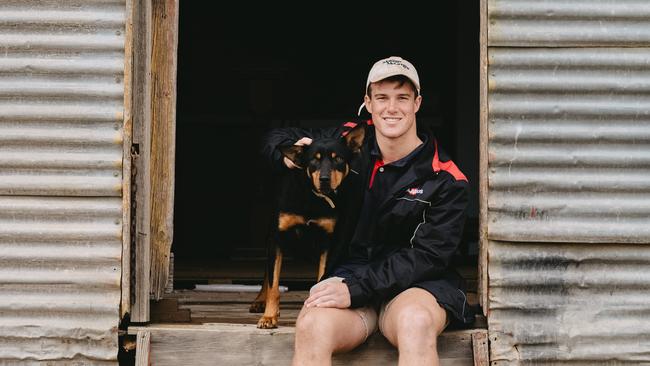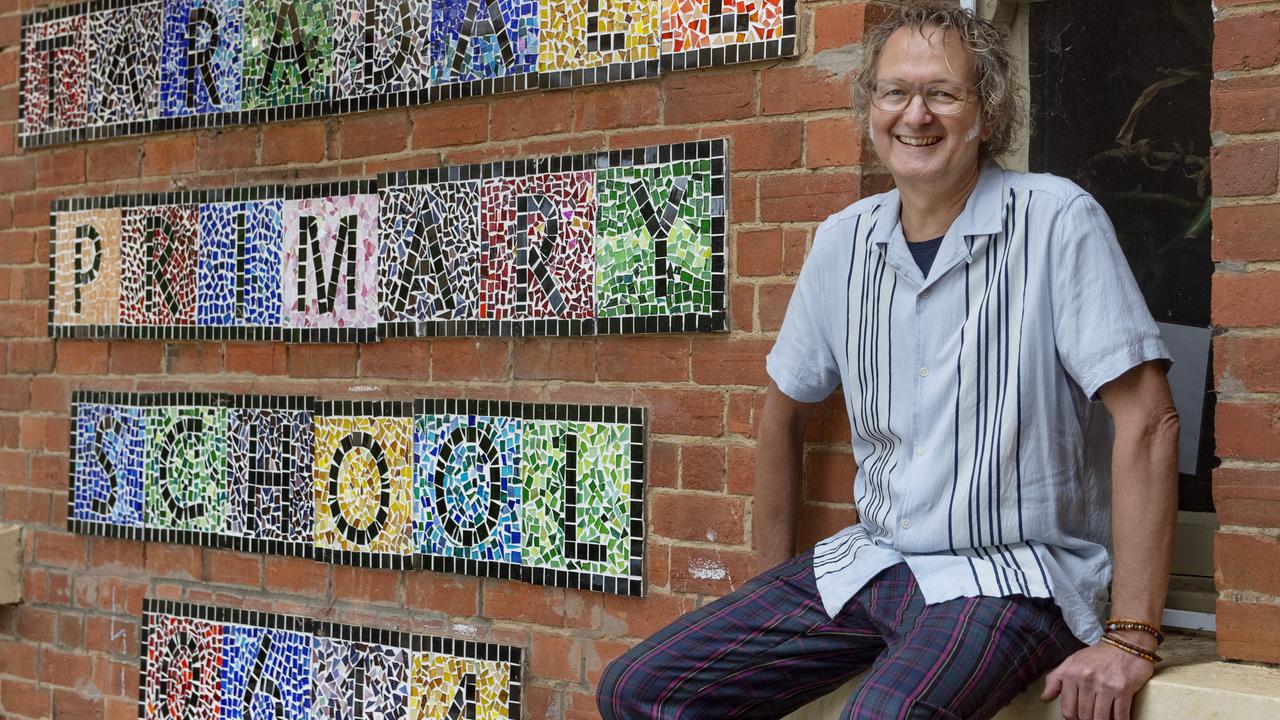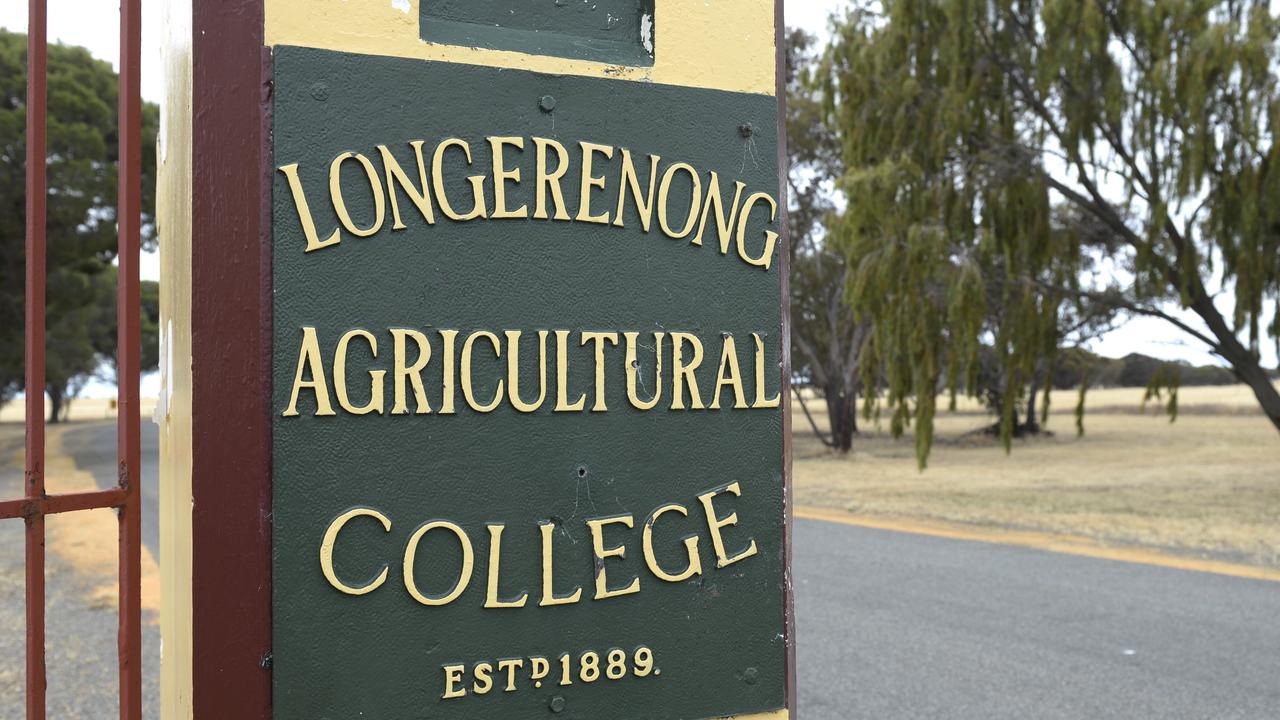Bachelor of Agriculture student Bill Lee not fazed by pandemic
Bill Lee has left footy and farm behind in his quest for an agriculture degree.

BIRCHIP’S Bill Lee has had an unusual start to his first semester at University of Melbourne, but says the disruption to his learning certainly won’t change his employment prospects or career goals.
After five short weeks settling into classes and the daily routine at St Hilda’s College in Parkville, Bill had to make a swift return to the family farm in the Mallee, where he has been studying remotely for the remainder of the semester due to coronavirus restrictions.
“Remote learning hasn’t been too bad. I have been doing a bit of farm work,” said the 19-year-old who is in his first year of a Bachelor of Agriculture degree.
Bill is no stranger to the highs and lows of the ag industry.
Luckily, the doom and gloom of coronavirus has been balanced with an amazing start to the winter cropping season, giving Bill and his family something to celebrate and reaffirming his enthusiasm for studying ag.
“We had a run of bad seasons for a few years at least,” Bill said. “Then last year we had a drought breaker and a really good year.
“There is so much green feed. Farmers around here are definitely excited, which is good.”
Bill comes from a fourth-generation cereal and sheep farming family in northwest Victoria, who run about 100 Merino ewes, crossbred sheep and crops on owned and leased land.
He is a graduate of Birchip P-12 School and hopes to pursue a career in agronomy after he completes the Bachelor of Agriculture.
“I finished Year 12 in 2018, and just went straight back on to the farm for six months,” said Bill, who deferred his place at University of Melbourne so he could play a final season of U18 footy for the Bendigo Pioneers.
“I wasn’t hugely swung towards studying ag at that stage. It wasn’t until I got out in the workforce, and away from the farm for six months, that I realised how much I loved it.”
After Bill’s last hurrah on the footy field and a stint working in landscaping last year, he was keen to start his studies as a resident at St Hilda’s.
A scholarship from Rural Bank helped him fund the college accommodation, which he said boosted the overall experience of tertiary study.
“It has been unreal so far – the scholarship mainly just made me feel a bit less self-indulgent in wanting to pursue that (college),” Bill said.
“We have tutors for each class and they are compulsory. They are a great help with assignments and that extra support.
“It is quite academically driven.”
While the shift to an online-learning model during the pandemic meant Bill hasn’t had the normal college experience, he doesn’t mind the additional time on the family farm.
Bill’s interest lies in using drought-tolerant plant varieties and advances in technology to help increase productivity and profitability of the operation using less water.
“It’s mainly farming with less water really, and technology is getting really good at that,” he said, explaining he had been inspired by innovative farmers in his region and hoped to simply add to the existing movement of no-till farming.
“The introduction of no-till farming was adopted pretty quickly around here,” he said. “A lot of the grain farmers around Birchip are huge on moisture retention.”
The magic trio of economic, environmental and social sustainability is also something Bill hopes to maintain in his family’s operation – and is a heavy focus in the Bachelor of Ag course.
“They really hammered that home in VCE ag,” said Bill, who studied the subject in Years 11 and 12 at Birchip P-12.
“The environmental side of things is definitely one everyone can improve on as farmers.”
While online teaching programs have ensured course continuity this semester, Bill hopes to return to St Hilda’s soon.
“It’s quite beautiful at home right now,” he said. “But, still I can’t wait to get back to college – I’m sure everyone wants a bit of normality.”
BANK ON RURAL
Bill Lee is one of 19 regional and rural students who each received a $5000 scholarship from Rural Bank, which helps cover course costs, study materials and equipment.
The recipients are undertaking courses in agricultural sciences, veterinary sciences, biology, health science, business and engineering.
This year’s recipients are made up of 14 females and five males from rural communities in Queensland, South Australia, New South Wales, Western Australia and Victoria.
A number of scholarship recipients are from families and communities that have been affected by the devastation caused by drought and the bushfire crisis.
The Rural Bank Scholarship Program is designed to provide financial support to students who are studying subject areas that will enable them to contribute to the Australian agricultural industry or rural and regional communities.
The program is available to first-year students.
ruralbank.com.au
UP FOR GRABS
Upskill and Invest Young Farmers Scholarships of up to $10,000 are being offered by the Victorian Government.
Successful applicants can use the funds to access study and training, as well as invest in on-farm initiatives and further professional development.
Recipients receive $5000 towards their studies, and further funding of up to $5000 to invest in professional development and business planning, or to invest in on-farm practices, equipment and technology.
The Government is investing $375,000 in the scholarship program over the next three years.
Since the program launched in 2015, 63 young farmers have received scholarship support.
Applications are open to farmers aged 35 or under who have been working in farm businesses for at least three days a week for the past three months, with at least two years total experience on-farm.
Applications close Sunday, June 14.


